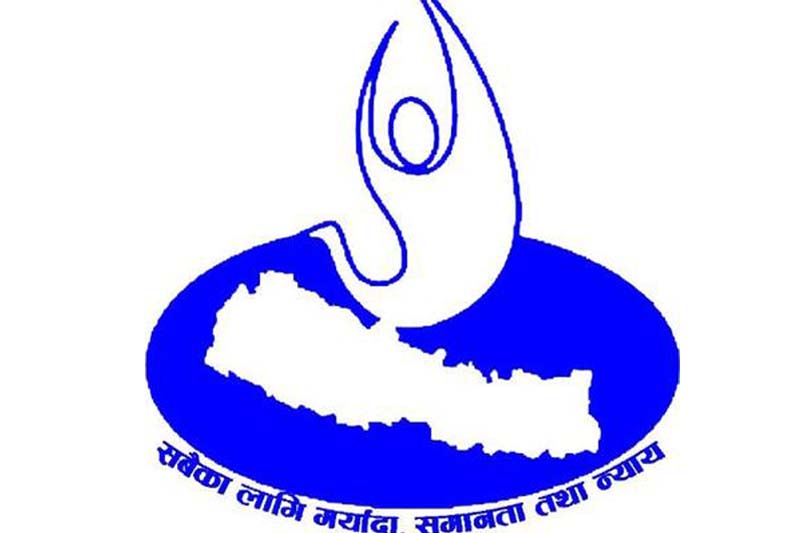National rights body worried about poor implementation of its recommendations
Kathmandu, March 23
The National Human Rights Commission has said that poor implementation record of the government is one of the major challenges the rights body is facing.
According to the NHRC, it has been conducting investigation into both old and new complaints related to human rights violation. Based on findings of investigation into rights violation cases and its researches, it has recommended to the government to take necessary action as per Article 17 (2) and (3) of the NHRC Act, 2012.
The act states, “The NHRC shall have to write to the concerned official, individual or agency for the implementation of the recommendation, decision or order issued by the commission pursuant to the constitution or this act. In case of receiving in writing from the NHRC to implement the recommendation, decision or order, the concerned official, individual or agency shall have to inform the NHRC generally upon implementing such recommendation, decision or orders.”
But, the implementation aspect of the recommendations forwarded by the NHRC since its establishment for taking action against guilty persons is very weak. “This is a very sad aspect. This clearly shows that the implementation aspect of preventive and reformative recommendations made by the commission is very weak,” reads the synopsis of the rights body’s annual report (2017-18).
A task force was formed at the initiative of the Office of the Attorney General to study into complexities seen in the implementation of recommendations made by the commission to file cases. The task force comprised representatives from the Office of the Prime Minister, OAG and NHRC. Still, there is no progress in this regard.
The number of cases for preventative recommendations made by the NHRC, demanding investigation and justice for victims stands at 856. This number includes the 1,483 recommendations made by NHRC.
Similarly, 71 recommendations were made in the fiscal 2016-17. “If we see the status of the implementation of recommendations made by the NHRC between 2001 BS to 2017 BS, only 12.5 per cent of the total 810 recommendations were fully implemented, 48.3 per cent recommendations were implemented partially and 39.2 per cent others are under consideration,” the report states.
It seems that only the recommendations made for providing compensation are implemented. Recommendations made for taking action against those involved in human rights violation remain largely not implemented. “It is an irony that those recommended for action are rewarded by the state. The elected government and stakeholders must be sensitive to these issues,” the NHRC warned.






